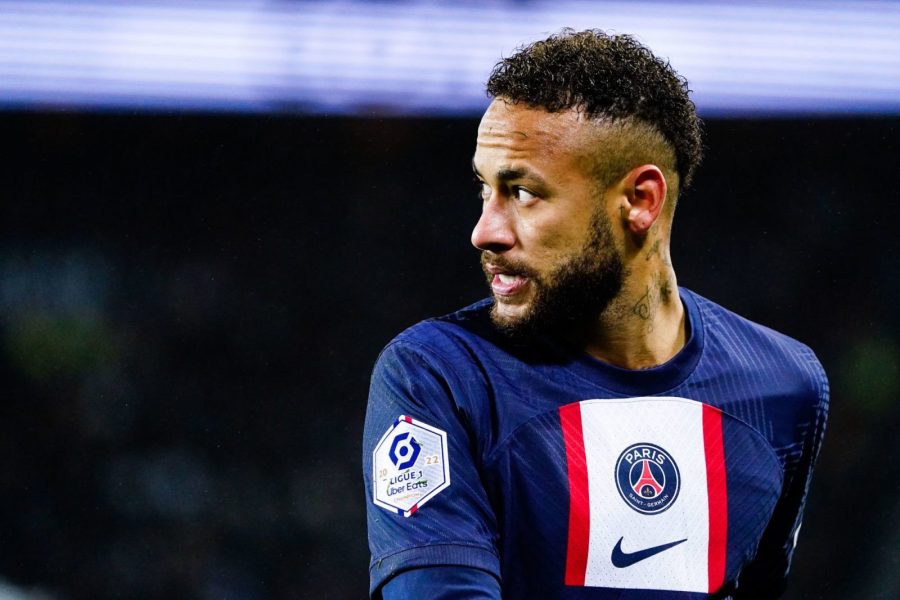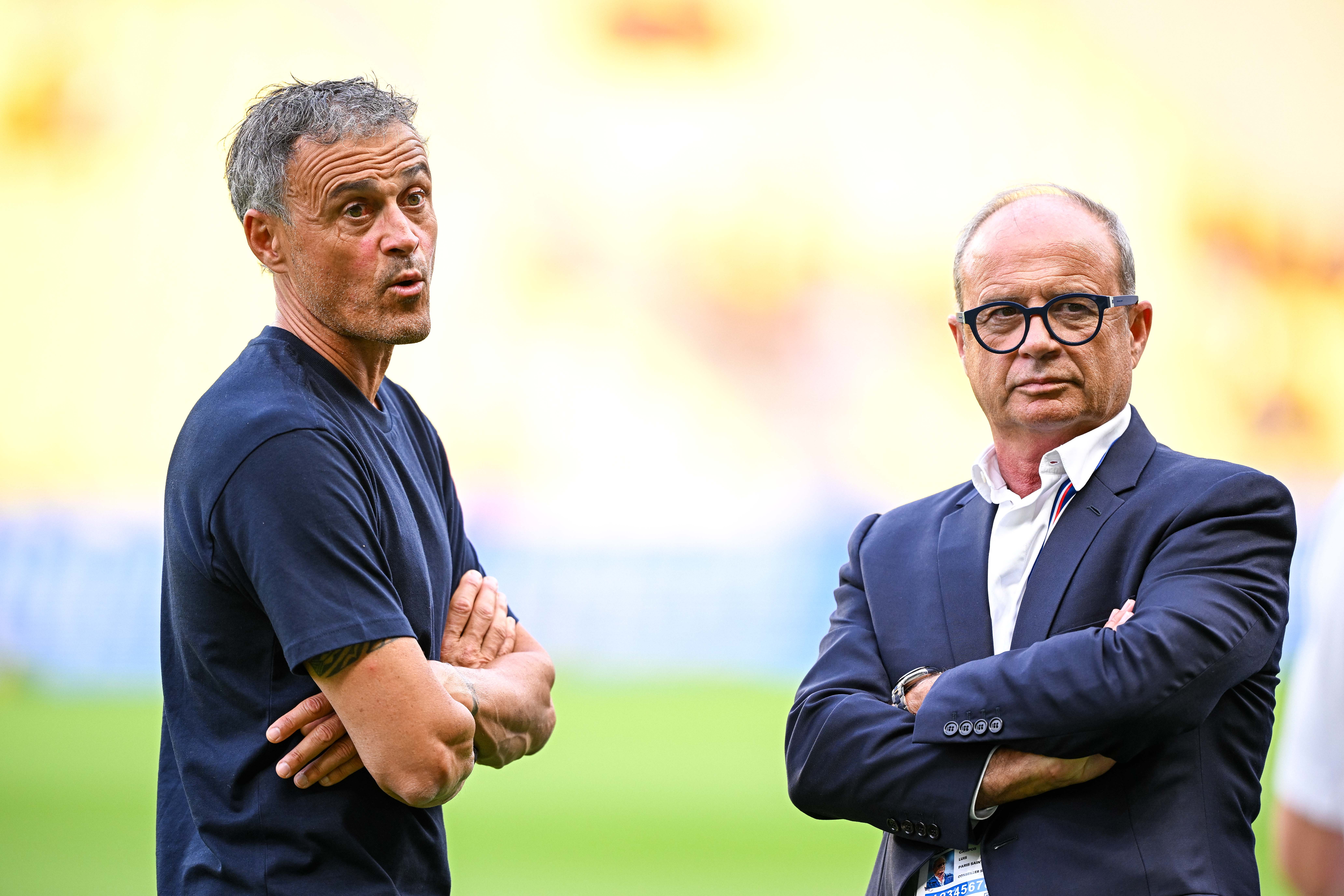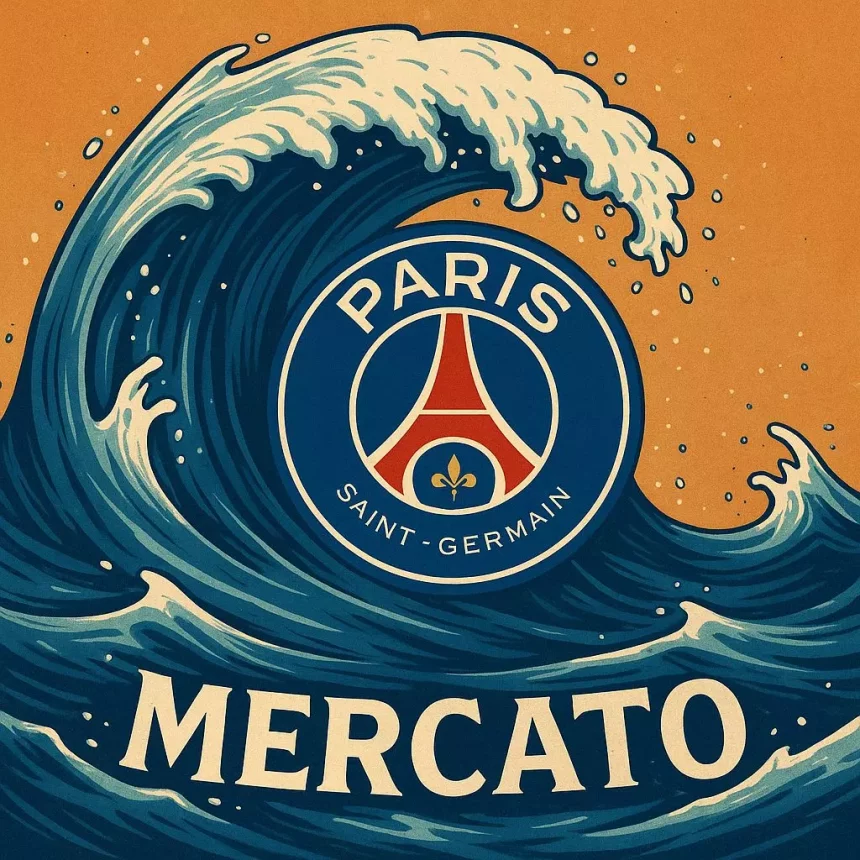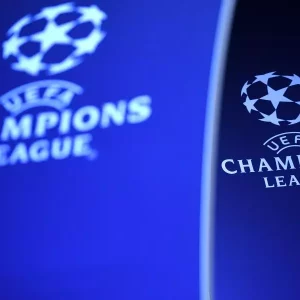Every summer, the transfer window takes on the feel of a soap opera. Rumors set social media ablaze, specialized shows run endlessly, and Paris Saint-Germain supporters track every piece of news as if it were a goal scored at the Parc des Princes. And yet, the 2024/25 squad has already proven its worth: French champions, Champions League winners, finally with a coherent collective under Luis Enrique’s leadership. So why this irrepressible impatience for new signings?
The irresistible pull of the transfer window
The transfer market as a spectacle alongside the pitch
The transfer window has become a spectacle in itself, a parallel competition played out in the media. In a world saturated with images and constant information, transfers deliver drama, suspense, and sudden twists. Each rumor is consumed like an episode of a Netflix series — and PSG, with its status and financial power, is one of the leading actors in this global theater.
In Paris more than anywhere else, the mercato is almost awaited like a second sporting season. The big names linked to the club fuel irrational hopes: from Mbappé in 2017 to Messi in 2021, PSG has conditioned its fans to expect thunderbolts. This collective memory creates a constant sense of anticipation.

The Taste for Novelty and the Culture of Immediacy
Today’s society values novelty and instant consumption. In this context, supporters constantly crave “more”: more stars, more talent, more guarantees of success. The transfer window becomes football’s expression of this thirst for something new.
PSG’s Squad: Continuity or Need for Reinforcements?
A landmark 2024/25 season, but not flawless
PSG is coming off an exceptional campaign, capped with a historic treble (Ligue 1, Coupe de France, and Champions League). Yet no team can simply repeat itself identically. Football is a living organism: opponents adapt, tactical systems are studied, and injuries inevitably happen.
Areas perceived as weak by observers and fans
Even in a victorious season, supporters remember the fragile moments: the heavy reliance on the midfield trio of Vitinha – Fabián Ruiz – João Neves, the uncertainty over the goalkeeper hierarchy between Donnarumma and Chevalier, or the question of backup options in attack. These gray areas are enough to fuel debates and, in the collective mindset, justify the need for new signings.
The fear of stagnation in an ever-evolving game
Modern football leaves no room for immobility. Europe’s major powers — Manchester City, Real Madrid, Bayern Munich — strengthen their squads every summer, even after brilliant seasons. If Paris stands still, the perception spreads that it is “falling behind.” Sometimes it’s only an illusion — but a powerful one.
The Psychology of Parisian Supporters
The trauma of past Champions League failures
PSG supporters still carry the scars of European collapses: Barcelona 2017, Manchester United 2019, Real Madrid 2022. These wounds fuel a kind of anxiety — the fear that even after success, the club could relapse into its old failings. Recruitment thus becomes a psychological insurance policy, a safeguard against the specter of regression.
The fantasy of the “savior” player
Every transfer window rekindles the fantasy of the game-changer — the one player capable of swinging a Champions League quarter-final or semi-final. Whether it’s a clinical striker, an impenetrable defender, or a creative playmaker, fans project onto the unknown the hope of the ultimate weapon. It’s a classic mechanism of fandom: believing the team is “just one player away” from becoming unbeatable.
Rivalry with Europe’s giants and constant comparison
The transfer market is also a stage for comparison. When Real Madrid secures Endrick or Manchester City invests in the next big prospect, PSG fans expect their club to respond. The mercato becomes a symbolic arm-wrestling match: to stay among the elite, one must act — even if the squad is already competitive.
The Club’s Internal Logic
The economic and media value of transfers
PSG is more than a football club — it’s a global brand. Each signing doubles as a marketing tool. A new arrival attracts sponsors, boosts subscriptions, and drives merchandise sales. Even with a complete squad, a transfer can be justified by its economic and media impact.
Luis Enrique’s official line and squad management
Pragmatic as ever, Luis Enrique insists he trusts his squad and prioritizes internal progression. Yet behind the scenes, he also knows that certain signings heighten competition, sustain intensity, and prevent dangerous complacency. For the club’s leadership, the challenge lies in striking the balance between stability and dynamism.

The Tension Between Stability and Ambition
This is where the real challenge lies: how to preserve the core structure that worked, while still improving the squad? The transfer market is a double-edged sword. Too many moves risk breaking the balance; too few give the impression of complacency.
Conclusion: A Transfer Window Between Reason and Passion
The transfer window crystallizes all the contradictions of modern football. Reason and passion collide. Rationally, PSG could begin the 2025/26 season with the same squad and remain competitive. But passion demands something new, unexpected, spectacular.
The truth probably lies somewhere in between. PSG must rely on the development of its young talents — Zaïre-Emery, Barcola, Doué, Mayulu — and the collective continuity, while correcting weak spots with targeted reinforcements. The mercato should be a tool, not an addiction.
As for the supporters, they will always hope for the announcement of a surprise signing. Because that too is part of loving a club: feeling the same thrill for goals in May as for rumors in August.



